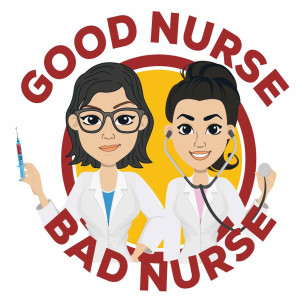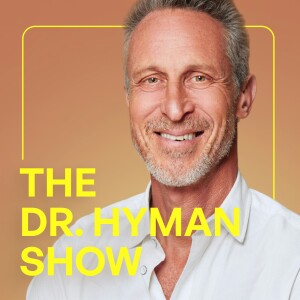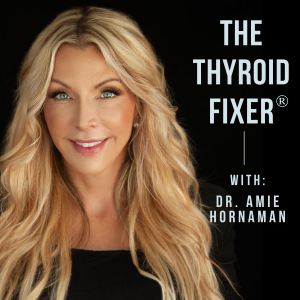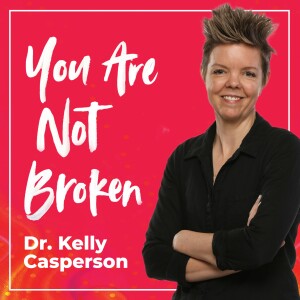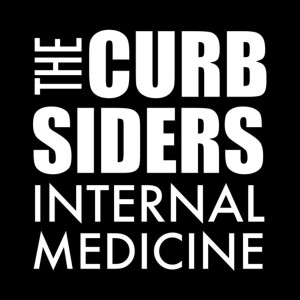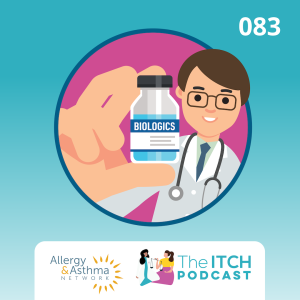

What are biologic medications, and how can they help people with allergic diseases?
We discuss biologic medications with Dr. Berger, a leading expert in biologic therapy for allergic diseases. Since the first biologic was introduced in 2003, these treatments have advanced significantly. By targeting the root causes of inflammation, biologics offer a more precise, personalized approach to treating conditions like asthma and eczema. Unlike traditional medications, biologics are a breakthrough, opening the door to tailored care that improves patients' long-term symptom control and quality of life.
Dr. Berger explains biologic medications, how they work at a molecular level, and how they impact the immune system. As Kortney recently started biologic therapy, we also get a firsthand account of patients' decision-making process and concerns when considering biologic treatments. These innovative therapies not only control symptoms but can transform the daily lives of people living with chronic allergic diseases, providing hope for better, long-term outcomes.
What we cover in this episode about the basics of biologic medications:- What is a biologic medication? Dr. Berger explains how biologic medications differ from traditional treatments by focusing on precision-based medicine, offering a revolutionary way to target specific aspects of the immune system.
- How biologic therapies target molecular inflammation: Learn how biologic treatments act on specific inflammatory molecules, offering hope for better control and relief for patients with severe asthma, eczema, and more.
- Do biologics suppress the immune system? We address common questions about biologic therapy, its effects on the immune system, and potential side effects.
- The evolution of biologic treatments. A look at how biologic medicine has advanced since 2003 and its role in reshaping asthma therapy and other allergic disease treatments, providing exciting new options for patients.
- Improving quality of life for allergic disease patients with biologics. We discuss how, for many, biologics have been life-changing.
- Steps for patients considering biologic treatment. Dr. Berger offers practical advice for patients interested in discussing biologic therapy with their healthcare providers.
Dr. William E. Berger is a past Clinical Professor in the Department of Pediatrics at the University of California-Irvine and served as Medical Director of Southern California Research in Mission Viejo. He is a board-certified allergist and immunologist with a distinguished career, including roles as President of the American College of Allergy, Asthma & Immunology and as Medical Staff Allergist for the U.S. Olympic Swim Team. Dr. Berger has published over 200 peer-reviewed articles and authored books like Asthma for Dummies, focusing on allergy and asthma treatments. He is widely recognized as an expert in his field, frequently appearing on major media outlets like CNN and Good Morning America.
More resources about biologic therapy:
- https://biologicmeds.org/
- https://allergyasthmanetwork.org/what-is-asthma/
- https://allergyasthmanetwork.org/allergies/
- https://allergyasthmanetwork.org/food-allergies/
- https://allergyasthmanetwork.org/what-is-eczema/
This podcast is made in partnership with The Allergy & Asthma Network. Thanks to Sanofi-Regeneron for sponsoring today’s episode. While they support the show, all opinions are our own, and sponsorship doesn’t influence our content or editorial decisions. Any mention of brands is for informational purposes and not an endorsement.
More Episodes
All Episodes>>Create Your Podcast In Minutes
- Full-featured podcast site
- Unlimited storage and bandwidth
- Comprehensive podcast stats
- Distribute to Apple Podcasts, Spotify, and more
- Make money with your podcast
